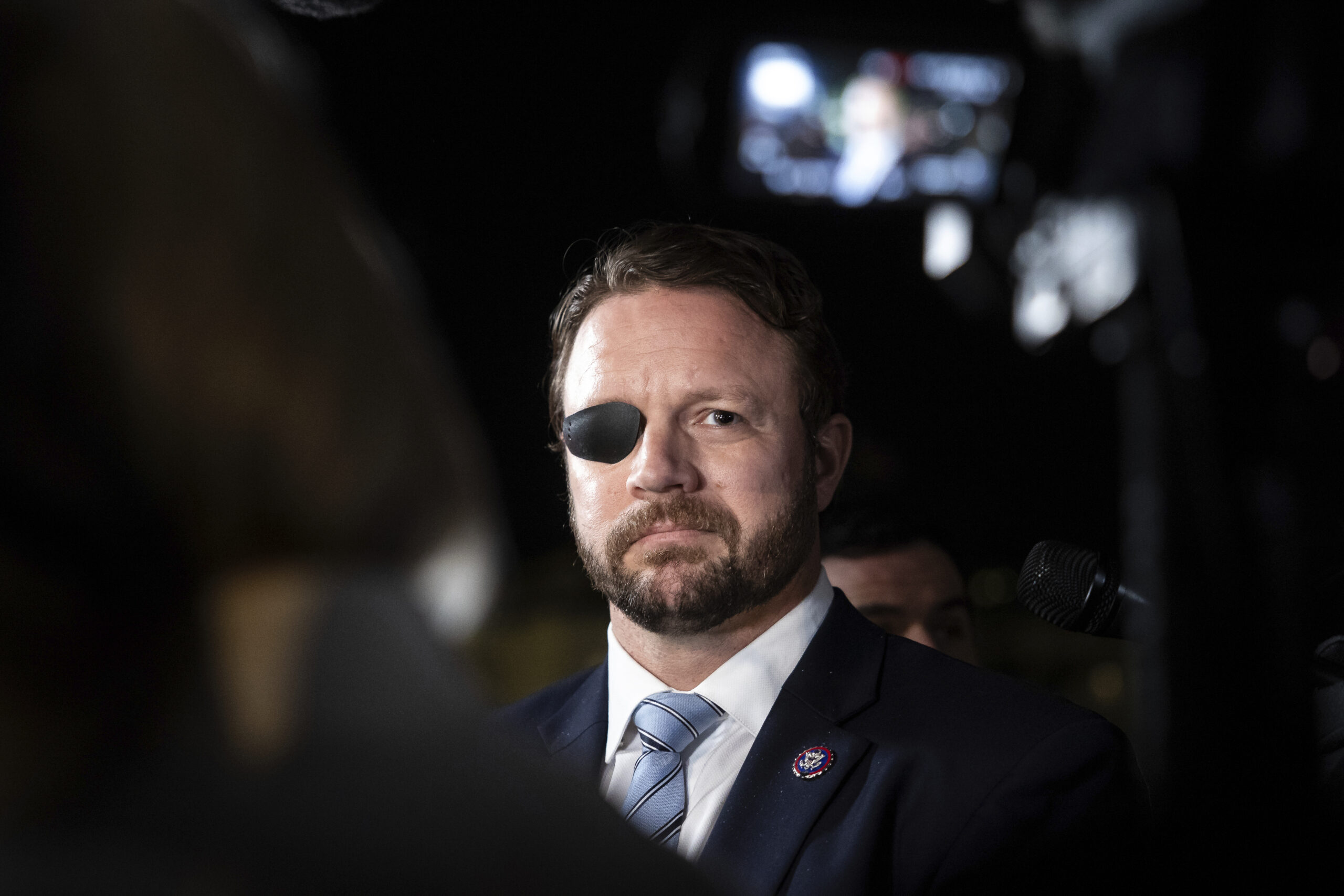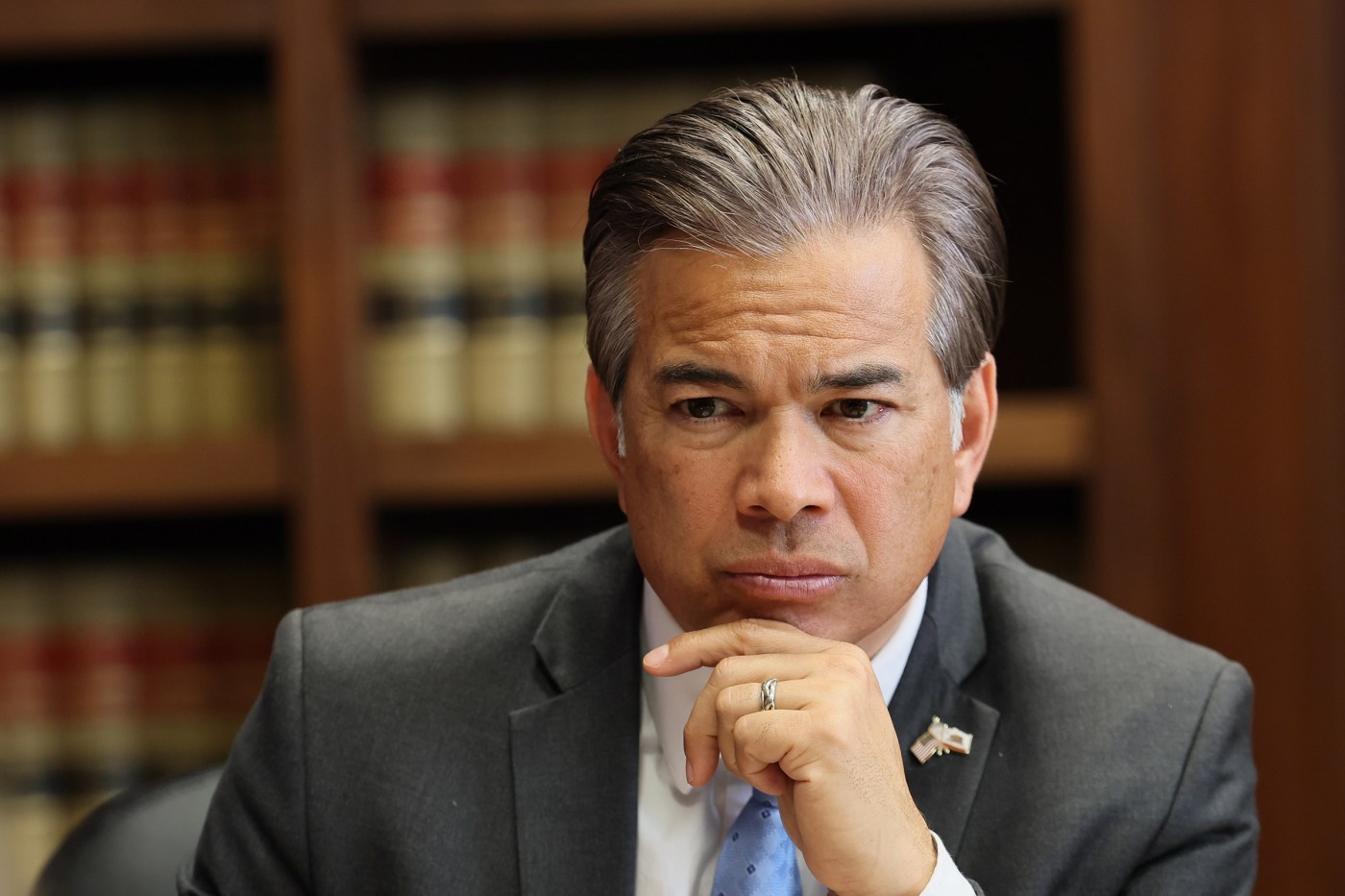Dan Crenshaw, a Republican representative from Texas, recently supported military actions involving U.S. boats in the ongoing tensions with Venezuela. While he expressed approval of these maritime operations, he indicated a need for more discussion before endorsing land strikes against the South American nation.
During an interview on October 20, 2023, Crenshaw stated that he believes the situation warrants a “longer conversation” regarding the potential for land-based military actions. His comments come amid heightened scrutiny of U.S. foreign policy in Latin America and the ongoing conflict involving Venezuelan President Nicolás Maduro’s regime.
Crenshaw’s position reflects a cautious approach to military intervention, particularly in light of past U.S. engagements that have led to prolonged conflicts. He emphasized the importance of thoroughly assessing the consequences of any military escalation before committing to land operations.
Context of U.S. Involvement in Venezuela
The U.S. has been involved in the Venezuelan crisis for several years, implementing sanctions and supporting opposition groups against Maduro’s government. The humanitarian situation has become dire, with reports indicating that over 7 million Venezuelans have fled the country due to economic collapse and political repression.
Critics of U.S. intervention argue that military action could exacerbate the crisis and lead to further instability in the region. For Crenshaw, this underscores the necessity of a comprehensive strategy that balances the need for action with the potential risks involved.
In the past, Crenshaw has been a vocal supporter of former President Donald Trump‘s foreign policy initiatives. His recent comments show a nuanced position that acknowledges the complexities of military engagement while still favoring a robust response to perceived threats.
Political Reactions and Implications
Crenshaw’s remarks have elicited varied reactions from both supporters and opponents within the political landscape. Some members of the Republican Party argue for decisive action against Maduro, while others advocate for diplomatic solutions.
As the situation in Venezuela continues to evolve, the U.S. Congress remains divided on the best course of action. Lawmakers are grappling with the implications of military engagement and the potential for unintended consequences.
In addressing the issue, Crenshaw highlighted the need for bipartisan discussions on U.S. military strategy. “We need to ensure that any actions taken are well-considered and in the best interest of both the United States and the Venezuelan people,” he stated.
The ongoing debate surrounding U.S. military involvement in Venezuela reflects broader concerns about interventionism and its long-term effects on foreign relations. As discussions progress, Crenshaw’s cautious approach may serve as a critical perspective in shaping future policies.







